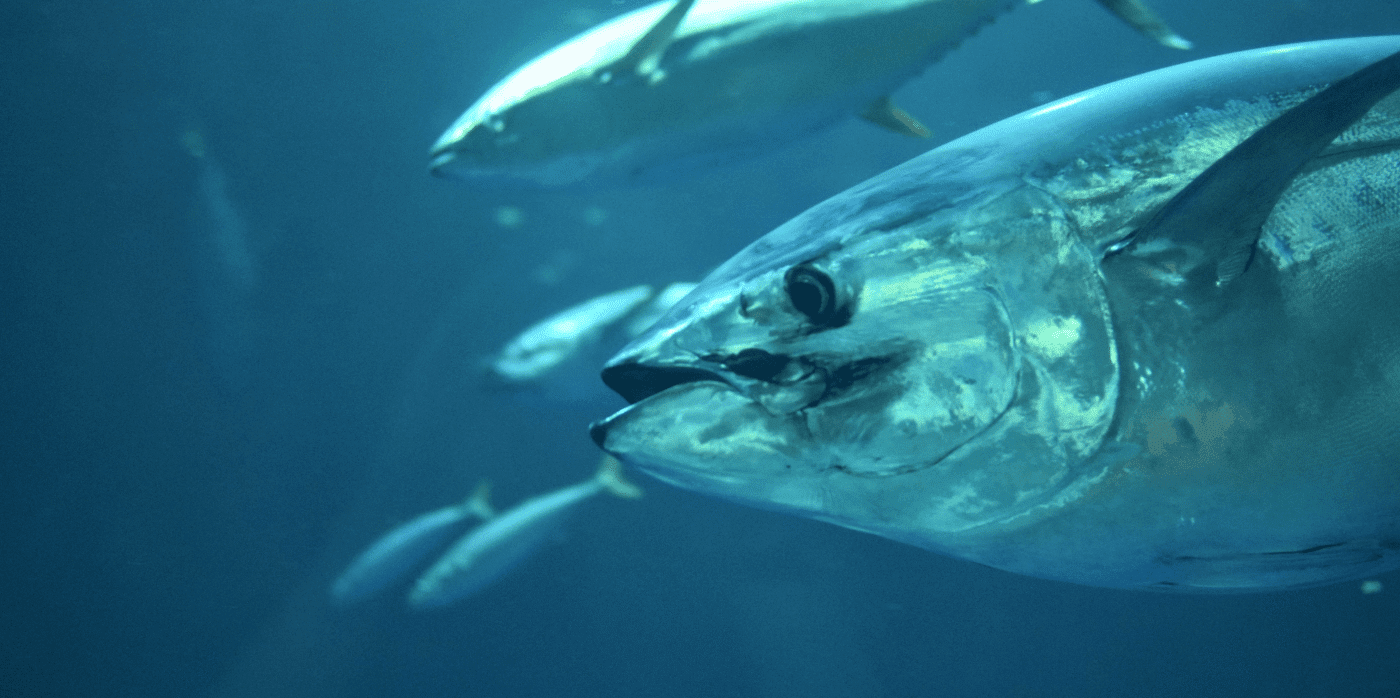
Spotted: The International Seafood Sustainability Foundation’s 2023 report on the status of the world’s stock of fish assessed the annual global tuna catch to be around 4.8 million metric tonnes. With many markets completely reliant on wild-caught tuna, aquaculture is scrambling to provide a reliable, scalable alternative to the many types of tuna that are consistently overfished. Germany’s Next Tuna is building one possible solution in the form of the world’s first land-based source of Atlantic bluefin tuna (ABT). The company’s goal is to transform the tuna fish food industry into a circular, sustainable economy.
Using a recirculating aquasystem (RAS), the company’s floating farms are protected from heat increases in the water, algal blooms, predators, and pollution. Waste from the system is collected for use as fuel or in seaweed production, and the farm itself is largely solar-powered. Next Tuna plans to offer three products and services. Juvenile ABT will be grown for producers to use in their own commercial farms. The RAS will be available for sale for use with other species of fish, and the entire system will be available as a bespoke aquaculture-as-a-service offering.
Next Tuna is currently constructing a commercial farm in Spain. Once finished, the farm should have a sufficient supply of eggs to be running at full levels of production based only on farmed tuna and no longer requiring the use of any wild-caught juveniles. The company is working with the Aquaculture Stewardship Council (ASC) to gain a sustainability certification for the farmed tuna.
From using improved soils to a platform that optimises agriculture in hot climates, Springwise is spotting many other innovations working to make the world’s food production more resilient and sustainable.
Written By: Keely Khoury

